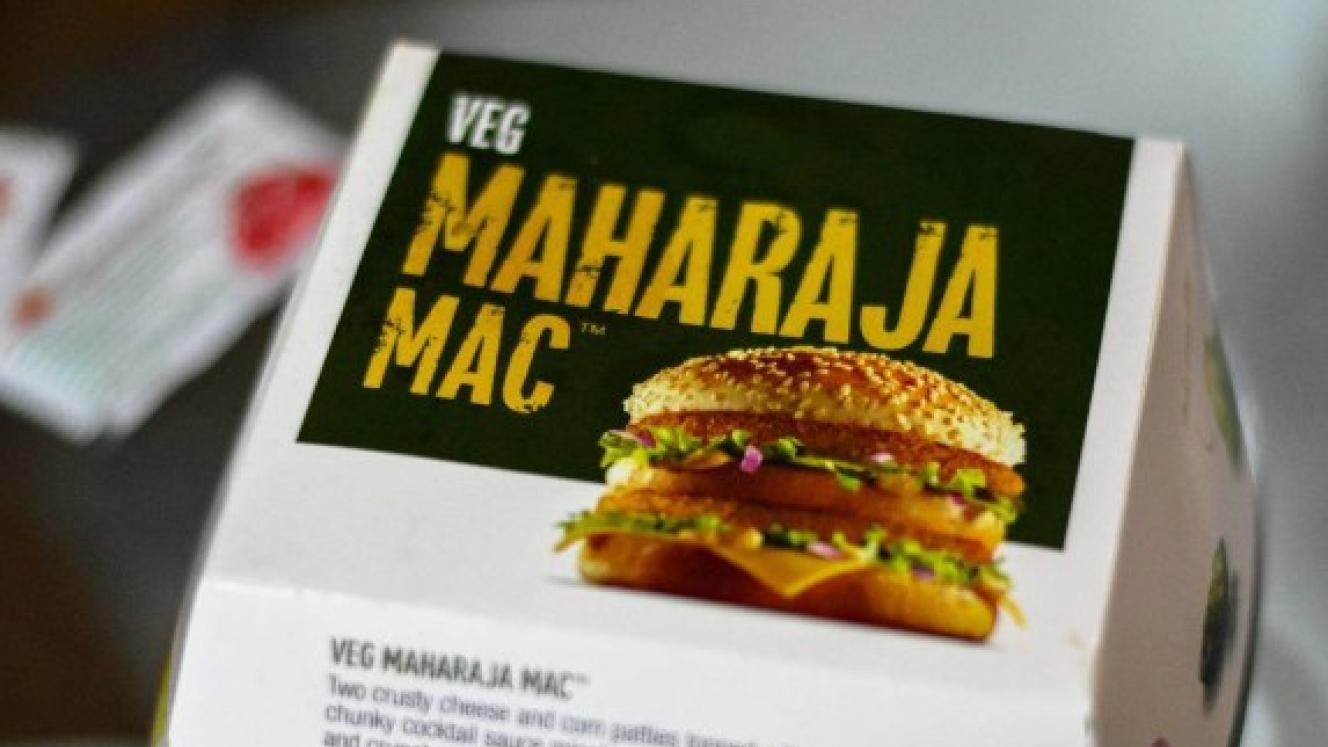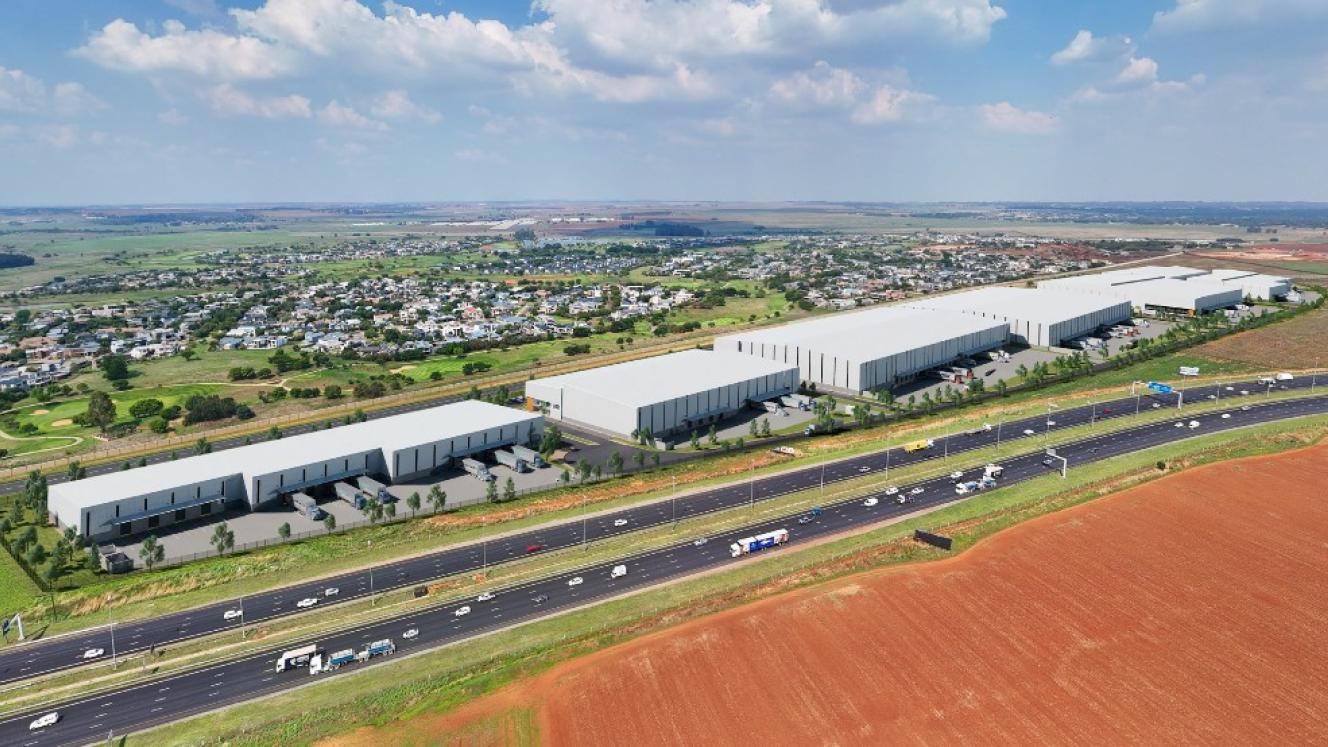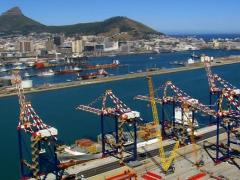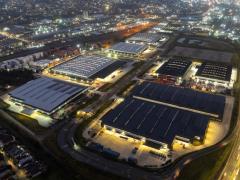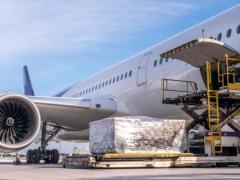A backlash against big brands from the US, including social media giant Meta, has been touted as a potential response against Trump tariffs in India, the world’s biggest per-capita consumer of global goods.
Reuters reports – from McDonald’s and Coca-Cola to Amazon and Apple – American multinationals are facing calls for a boycott in India as business executives and supporters of Prime Minister Narendra Modi stoke anti-American sentiment to protest against US tariffs.
India, the world’s most populous nation, is a key market for American brands that have rapidly expanded to target a growing base of affluent consumers – many infatuated with international labels seen as symbols of moving up in life.
For example, India is the biggest market by users of Meta’s WhatsApp and Domino’s has more restaurants than any other brand in the country. Beverages like Pepsi and Coca-Cola often dominate store shelves and people still queue when a new Apple store opens or a Starbucks café doles out discounts.
Although there is no immediate indication of sales being hit, there’s a growing chorus on social media and offline to buy local and ditch American products after President Donald Trump imposed a 50% tariff on goods from India.
McDonald’s, Coca-Cola, Amazon and Apple did not immediately respond to questions from Reuters.
Manish Chowdhary, Co-Founder of India’s WOW Skin Science, has used social media to urge support for farmers and startups to make “Made in India” a “global obsession” and to learn from South Korea with globally famous food and beauty products.
“We have lined up for products from thousands of miles away. We have proudly spent on brands that we don’t own while our own makers fight for attention in their own country,” he said.
Rahm Shastry, CEO of India’s DriveU, which provides a car driver on call service, has appealed for India to create its own social media platforms across the board – similar to China’s approach.
However, to uncouple from major trading partners such as the US is easier said than done.
For example, Indian IT services firms have become deeply entrenched in the global economy with the likes of TCS and Infosys providing software solutions to clients worldwide.
On August 10, Modi made a “special appeal” to become self-reliant, telling a gathering in Bengaluru that Indian technology companies make products for the world but “now is the time for us to give more priority to India’s needs”.
